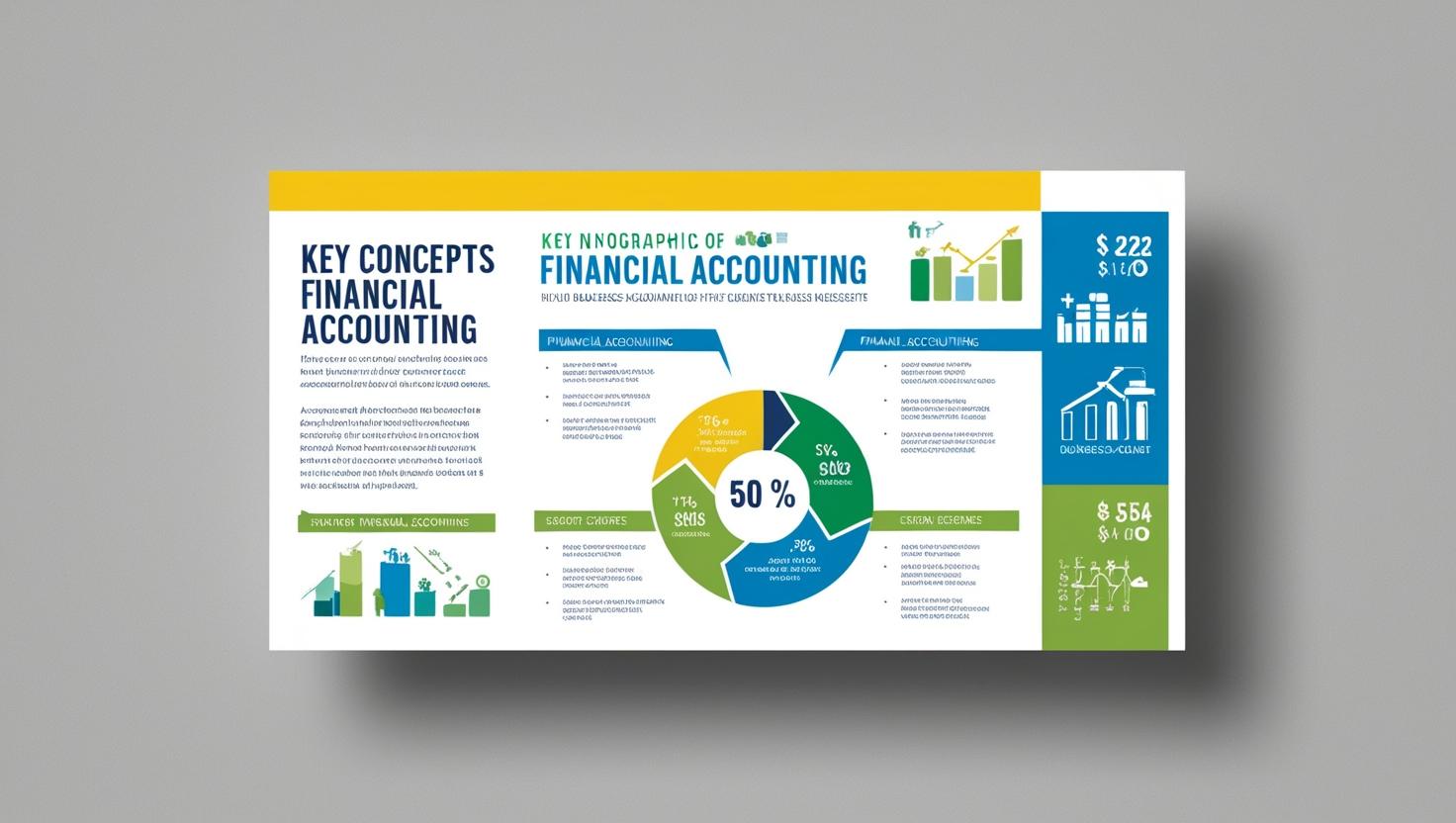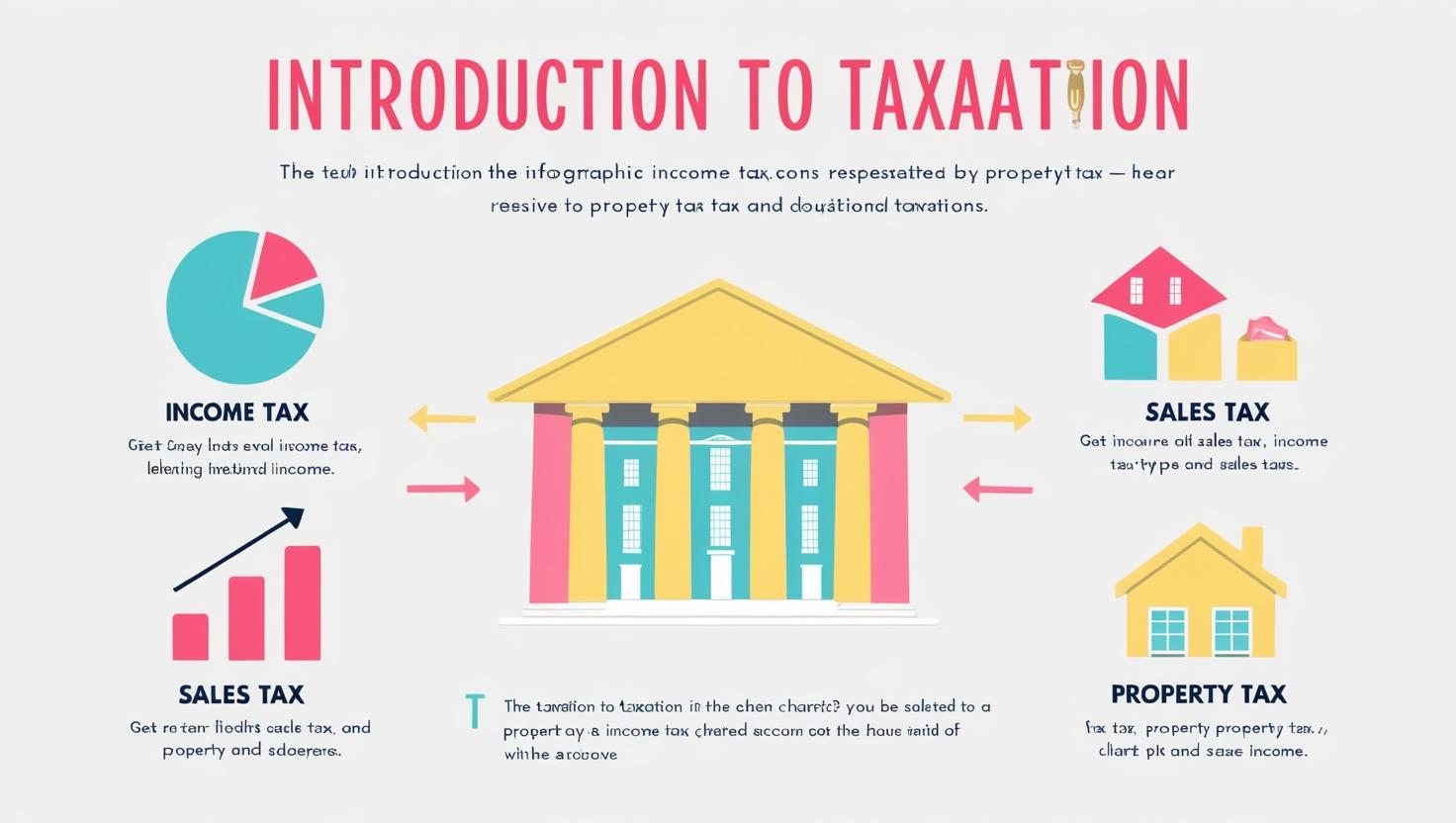
COURSE DESCRIPTION
-
Appreciating how the balance sheet, income statement, and cash flow statement are constructed and how they interact.
-
Evaluating the financial health of a business using financial statements.
-
Understanding both US GAAP and IFRS accounting standards.
-
Preparing and evaluating financial forecasts for strategic decisions.
-
Valuing ventures, projects, or investment opportunities and performing sensitivity analysis.
-
Objectives, basic theory, and methods of financial accounting.
-
Basic accounting reports, their uses, and limitations as a framework for business decision-making.
-
Principles within which accounting functions.
-
Measuring and reporting financial position.
-
Income measurement and reporting.
-
PURPOSE OF THE COURSE
- Financial accounting is like a GPS that guides users through the land of finance. It’s a systematic process of recording, categorizing, and communicating summaries of the company’s financial transactions and performance to external users, such as creditors, investors, and regulators. The system helps those on a financial journey determine the company’s state (where it is) and make informed decisions (where it wants to go).
- Teacher: Admin User

PURPOSE OF THE COURSE
To explore the mechanisms and role of Tax Accounting and Government tax policy on business financial reporting as based on the Tax Laws and legal pronouncements.
EXPECTED LEARNING OUTCOMES
By the end of the course the learner should be able to:-
- Describe the theory underlying the taxation process
- Describe the structure and legal framework governing Kenyan tax system
- Calculate tax of persons and other institutions
- Apply principles and concepts of taxation in solving economic problems
COURSE CONTENT
Rationale for taxation, traditional and contemporary view, direct, indirect hidden and negative taxes, tax shifting, pre-requisite for an optional tax system, equity, efficiency, simplicity, effects of taxes formulation of tax policies, back duties. Taxation of individuals, employment income, profit and gains from trade profession on vocation, investment income, taxation of partnerships, returns and assessments, objections, appeals and penalties, value added tax.
- Teacher: Admin User